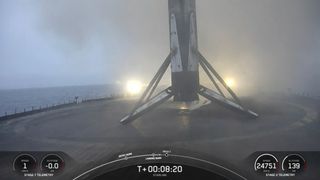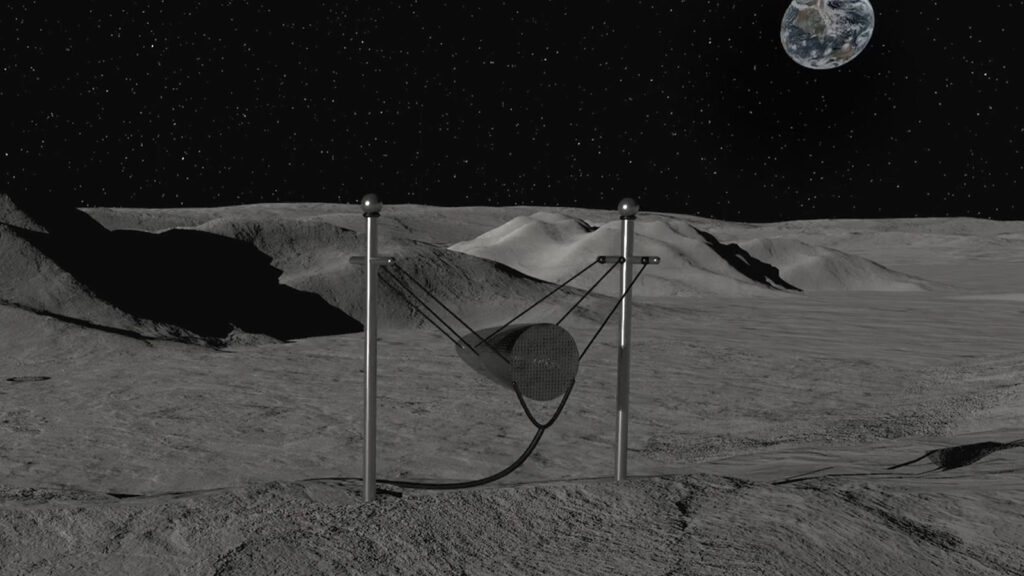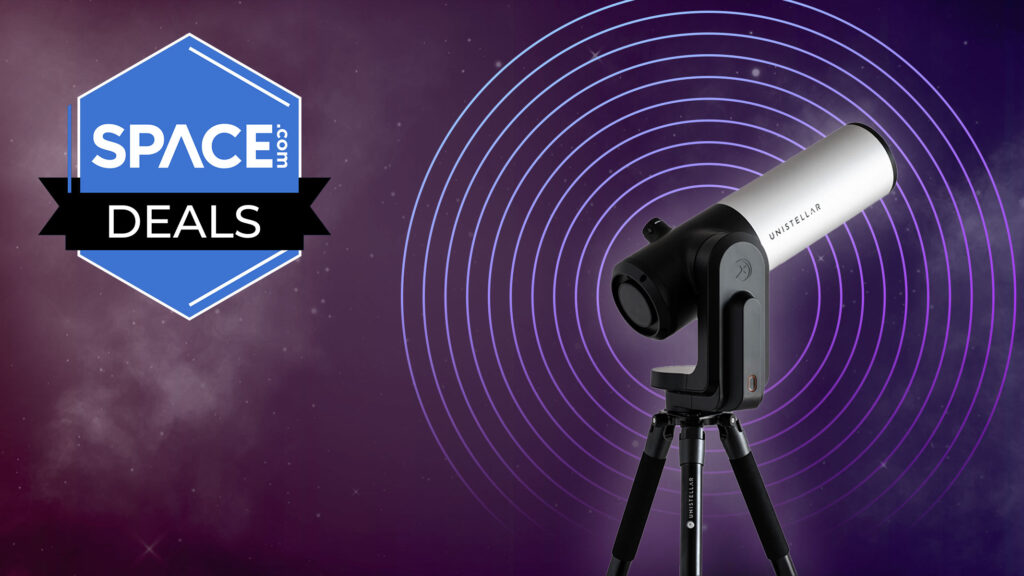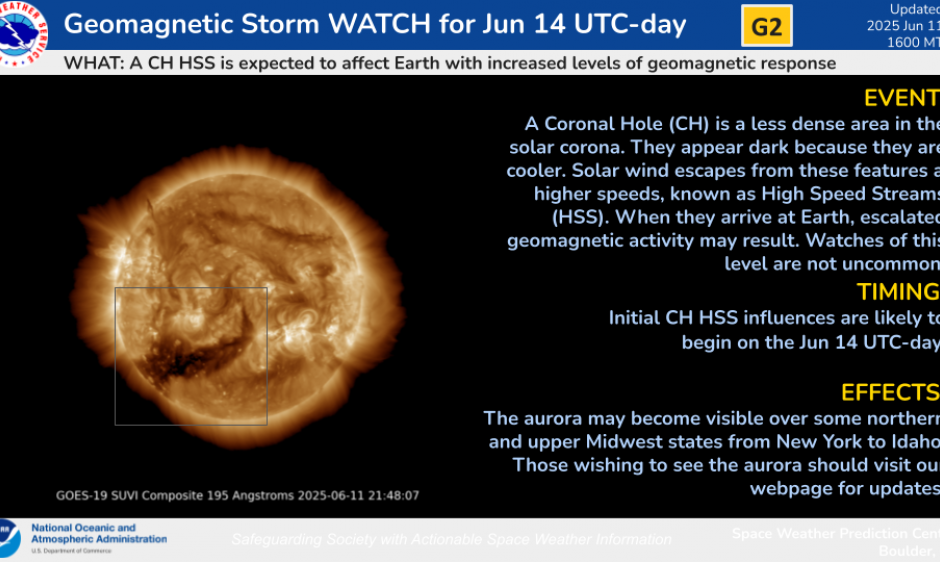NASA will perform its own re-authorization of SpaceX’s Falcon 9 before the rocket launches its next astronaut crew or cargo mission, the agency confirmed Wednesday (July 17).
Falcon 9 experienced a rare failure during an engine burn of SpaceX rocket’s second stage, due to an oxygen leak, during a launch on Thursday (July 11). A mandatory mishap investigation is ongoing. SpaceX, however, asked the Federal Aviation Administration Monday (July 15) to allow for future launches under a “public safety determination”, meaning the launch posed no risk to public safety.
On SpaceX’s near-term launch manifest is NASA‘s next International Space Station astronaut rotation. Called Crew-9, it is slated to send four astronauts to the ISS as early as mid-August. But NASA program manager Dana Weigel said the agency will have “its own process that’s outside of what the FAA does” even if the administration rules in favor of SpaceX’s request.
“The FAA has got to finish their work and authorize SpaceX for launches [first],” she told Space.com in a livestreamed ISS briefing on Wednesday (July 17). While noting there are differences in how Falcon 9 is configured for satellites and for humans, NASA nevertheless will “take a close look” independently of the FAA.
Weigel added that supplies of food, water and other consumables on the ISS “are in good shape” for about the next four months. Another major supplier of cargo, Northrop Grumman’s Cygnus spacecraft, also uses Falcon 9 and is expected to lift off on Aug. 3, however. That launch is supposed to bring hardware to address an ailing urine processor on the ISS, Weigel said. “I am tracking critical components that I’d like to get on board pretty soon,” she noted.
In an emailed statement, a NASA public affairs officer told Space.com that SpaceX is working along alongside the agency to re-authorize Falcon 9 for ISS flights. “Crew safety and mission assurance are top priorities for NASA. SpaceX has kept the agency informed as it works closely with the Federal Aviation Administration throughout the investigation, including the implementation of any corrective actions necessary ahead of future agency missions,” the statement reads.
“NASA and its partners also will implement the standard flight readiness review process to ensure we fly our crew missions as safely as possible.”
Related: SpaceX wants to resume Falcon 9 rocket launches while FAA completes investigation
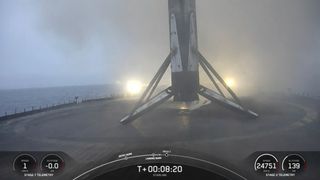
SpaceX has sent eight NASA-led astronaut crews to the ISS, along with three short-term missions for Axiom Space. All of these ride aboard Crew Dragon, which uses a human-rated variant of Falcon 9.
Falcon 9 is the world’s most popular launching vehicle and has only failed twice in 366 launches across 14 years, according to SpaceX figures. It also launches cargo missions to the ISS, satellites for NASA and the national military, and numerous other missions.
RELATED STORIES:
SpaceX emphasized it is working closely with NASA through the investigation. “I’m grateful that we have this framework to work through, when you experience events like this,” Sarah Walker, SpaceX’s director of Dragon mission management, said in the same press conference. “This is our top company priority right now,” she added.
The process with NASA is “not just to figure out the specific cause of the issue that was observed, but the right actions to prevent it going forward [and] how it might be related to any other system,” she added.
SpaceX’s near-term launch obligations include bringing the private Polaris Dawn crew to space aboard Falcon 9; that mission, paid for by billionaire Jared Isaacman, is supposed to fly July 31. Walker said it is too early to predict the schedule as things stand, but pledged SpaceX would share information “if there’s any impact in near-term launch dates.”
“We know,” she added, “how to step through the stages of this process. It’s a joint investigation board … between our government customers and the FAA and SpaceX chief engineers, so more to come there.”
